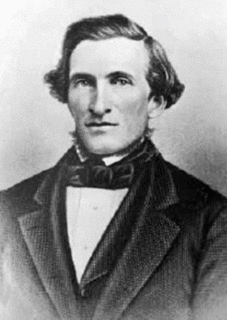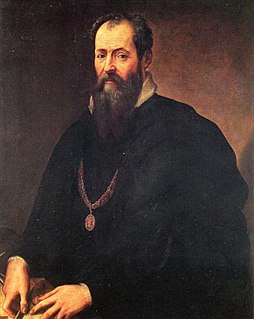A Quote by Michel de Montaigne
Any time and any place can be used to study: his room, a garden, is table, his bed; when alone or in company; morning and evening. His chief study will be Philosophy, that Former of good judgement and character who is privileged to be concerned with everything.
Related Quotes
A man that advances in spiritual and in temporal matters at the same time, minding to keep the spiritual first, will not let the temporal lead him; he will not place his heart upon his farm, his horses, or any possession that he has. He will place his desires in heaven, and will anchor his hope in that eternal soil; and his temporal affairs will come up as he advances in the knowledge of God.
I had utterly abandoned myself to Him. Could any choice be as wonderful as His will? Could any place be safer than the center of His will? Did not He assure me by His very presence that His thoughts toward us are good, and not evil? Death to my own plans and desires was almost deliriously delightful. Everything was laid at His nail-scarred feet, life or death, health or illness, appreciation by others or misunderstanding, success or failure as measured by human standards. Only He himself mattered.
The genius of a composer is found in the notes of his music; but analyzing the notes will not reveal his genius. The poet's greatness is contained in his words; yet the study of his words will not disclose his inspiration. God reveals himself in creation; but scrutinize creation as minutely as you wish, you will not find God, any more than you will find the soul through careful examination of your body.
Everybody allows that to know any other science you must have first studied it, and that you can only claim to express a judgment upon it in virtue of such knowledge. Everybody allows that to make a shoe you must have learned and practised the craft of the shoemaker, though every man has a model in his own foot, and possesses in his hands the natural endowments for the operations required. For philosophy alone, it seems to be imagined, such study, care, and application are not in the least requisite
Nothing is so insufferable to man as to be completely at rest, without passions, without business, without diversion, without study. He then feels his nothingness, his forlornness, his insufficiency, his dependence, his weakness, his emptiness. There will immediately arise from the depth of his heart weariness, gloom, sadness, fretfulness, vexation, despair.
... up to this date, I have never been shut up in a separate room, or hedged off with any observances. My study, all the study I have attained to, is the little 2nd drawing room where all the (feminine) life of the house goes on; and I don't think I have ever had two hours undisturbed (except at night, when everybody is in bed) during my whole literary life.
As to sagacity, I should say that his judgement respecting the warmest place and the softest cushion in a room is infallible, his punctuality at meal times is admirable, and his pertinacity in jumping on people's shoulders till they give him some of the best of what is going, indicates great firmness.
If Montaigne is a man in the prime of life sitting in his study on a warm morning and putting down the sum of his experience in his rich, sinewy prose, then Pascal is that same man lying awake in the small hours of the night when death seems very close and every thought is heightened by the apprehension that it may be his last.
In the first place, the government ought not to be invested with power to control the affections, any more than the consciences of citizens. A man has at least as good a right to choose his wife, as he has to choose his religion. His taste may not suit his neighbors; but so long as his deportment is correct, they have no right to interfere with his concerns.
When a man finds that it is his destiny to suffer, he will have to accept his suffering as his task. . . . He will have to acknowledge the fact that even in suffering he is unique and alone in the universe. No one can relieve him of his suffering or suffer in his place. His unique opportunity lies in the way in which he bears his burden.








































